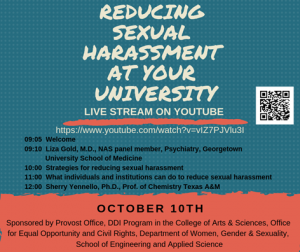Dear Colleagues:
The nomination period is open for the 2012 Mara H. Wasburn Early Engineering Educator Grant. Nomination packets are due Monday, March 2, 2020.
In 2010, the Women in Engineering Division (WIED) of the American Society for Engineering Education initiated the Apprentice Educator Grant (AEG) program to provide a $2,000 travel grant to the ASEE Annual Conference. In 2011, the award was renamed the “Mara H. Wasburn Early Educator Grant” (EEEG) in honor of Dr. Wasburn, whose passion for encouraging young female engineering educators was renowned.
WIED offers two categories for the Wasburn grant and will award a total of 4 grants (2 grants per category):
- Category 1: Graduate students, post-docs, lecturers, research associates, and non-tenure track faculty;
- Category 2: Tenure-track women faculty who are not more than three years into their first faculty position.
Grants are for the purpose of travel to the 2020 ASEE Annual Conference. Each grant consists of reimbursement of receipted registration, travel, food, and accommodation expenses up to a maximum of $2,000. Grant recipients are expected to attend the full duration of the conference, including the WIED Business Lunch and Reception, and one WIED-sponsored workshop. Details can be found via our website: https://sites.asee.org/wied/wasburn-eeeg/ For any questions, please contact Dr. Lily Gossage, Director of Awards at: lggossage@cpp.edu


